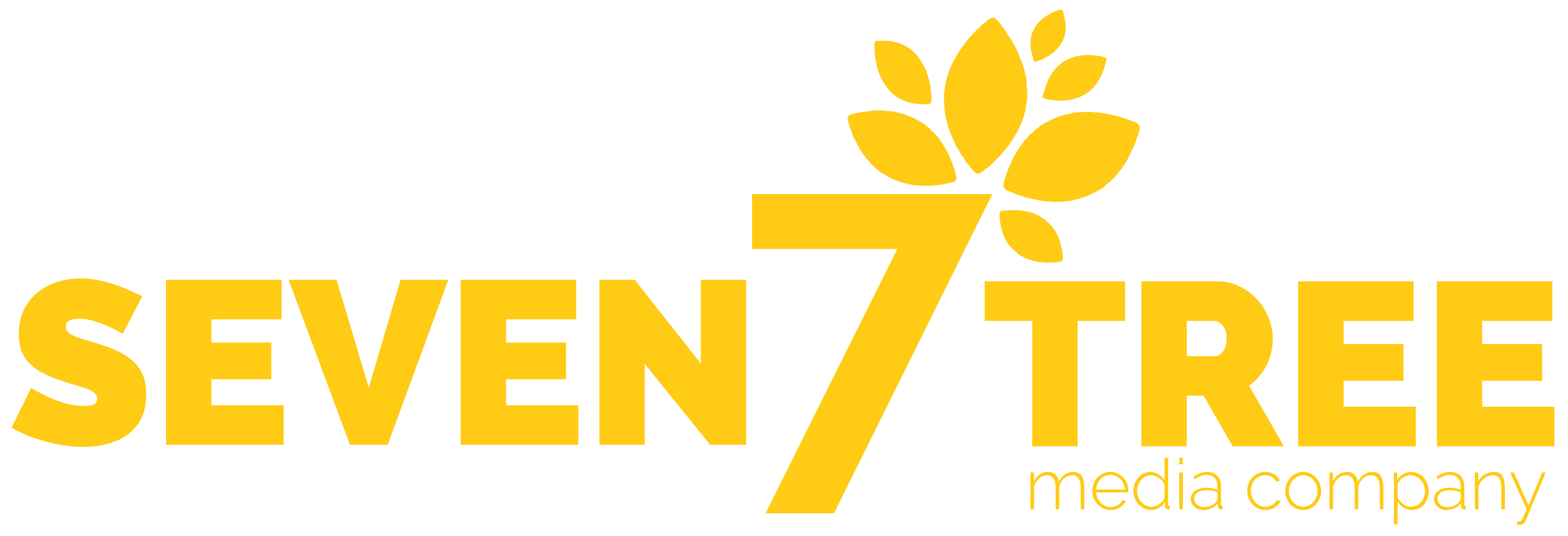AI business automation is quietly changing the way companies operate, not just by simplifying tasks, but by replacing entire departments in function. If that sounds a little dramatic, just wait until you see the breakdown. We’re not talking about laying people off or building robot armies. This is about replacing repetitive, low-value work that used to require a team, and letting AI handle it with speed, precision, and consistency.
The businesses adapting to this shift? They’re growing faster, serving better, and working fewer hours. This article shows you exactly how that’s happening and what it means for your company’s future.
TL;DR: The 3 Departments AI Business Automation Is Replacing
- Sales Teams: Cold calls, lead follow-ups, and nurturing are now run by AI with near-perfect timing.
- Marketing Departments: Content creation, posting, ad targeting, and email sequences are automated and customized.
- Customer Support: AI chatbots, SMS assistants, and smart follow-ups reduce wait times and improve client satisfaction.
Plus, you’ll see:
- What tasks these departments used to own that AI now handles faster and better
- How this frees up human teams to do higher-level work
- How AI adapts in real time, learning and adjusting to improve outcomes
- Why businesses using these systems are outperforming their competitors
What Changed? Why This Isn’t Just About Tools Anymore
Ten years ago, automation meant a few email triggers or scheduled social posts. Today, AI business automation has evolved into something smarter. It can understand context, predict outcomes, and even learn from results. The line between “automated” and “strategic” has blurred.
So now, instead of hiring three more assistants or building out a whole department, many businesses are plugging in AI systems that take over roles entirely.
Let’s start with the department that used to cost the most in payroll: sales.
Department 1: The Sales Team (Minus the Cold Calls)
Traditionally, your sales department followed up on leads, booked appointments, chased replies, and made those awkward “just checking in” calls. AI does all of that without sounding robotic or getting tired.
AI tools can:
- Send personalized email sequences triggered by behavior
- Score leads based on interaction so your team only talks to the most engaged ones
- Auto-dial prospects and leave voicemails
- Respond instantly to form submissions, even at 2 AM
According to the AI & Automation Menu, systems like these increase conversions by responding instantly and keeping prospects warm even when your team is offline.
So, what’s left for humans to do? Handle only the warmest, most qualified conversations. No more grinding through spreadsheets or chasing ghosts.
Department 2: The Marketing Department (Now on Autopilot)
Marketing used to be a hands-on job. Someone had to write the emails, build the posts, schedule the ads, and respond to messages. But now?
AI business automation platforms are turning one piece of content into ten variations across formats, automatically posting at the best times, and personalizing every message based on user behavior.
From the internal tools outlined in the AI & Automation Menu:
- AI content repurposing turns a single blog post into social graphics, email snippets, and video scripts
- Personalized email sequences are created and adjusted without manual input
- Ads can be optimized continuously by AI to improve performance
- Even comment replies and DM campaigns on platforms like Facebook are run automatically
Want to post five times a day without touching your phone? That gets handled. Need to test which subject line works best? Already done.
This allows your human marketing team to focus on creative strategy, partnerships, or brand building instead of chasing metrics and juggling deadlines.
Department 3: The Customer Support Team (But Way Faster)
This might be the most noticeable shift. Support is where businesses often suffer the most when things grow too fast. Delayed replies, forgotten tickets, missed follow-ups. AI handles that pressure like a pro.
With AI-powered chatbots and SMS assistants:
- Customers get instant answers to common questions
- AI will book appointments, send reminders, and follow up without being asked
- Sentiment analysis identifies upset clients and triggers recovery campaigns automatically
What used to take a whole team of support agents is now managed by systems that never sleep. Clients feel supported 24/7. You feel the pressure lift.
AI systems can even escalate issues to humans when needed, but only after they’ve tried the first few smart moves.
What Happens When You Combine These Three?
Imagine your business where:
- Leads are followed up with automatically and only the ready-to-buy ones get to your sales team
- Content flows out daily without writing everything yourself
- Clients get support around the clock and stay happy without long wait times
Now imagine scaling that without hiring more staff.
This is not a future concept. It’s happening now in businesses that choose to automate smarter.
The Real Reason This Works: Focus
AI doesn’t just replace people. It removes distractions. When your sales team isn’t buried in cold leads, they close deals. It also works better when your marketing team isn’t chasing deadlines, they innovate. When support is covered, your team has breathing room.
The hidden benefit is energy. Your team will feel less stress, more ownership, and more time for work that actually matters.
What About Smaller Businesses?
You don’t need to be a tech giant to make this happen. There are tools that are accessible, and the setup is simpler than most people expect.
Start by identifying the biggest time-sinks in your business. Pick one AI solution that solves it. You’ll see results fast. From there, stack more automations as you go.
Not sure where to start? We’ll help map out what’s possible.
Key Takeaways
- AI business automation is replacing the work of three core departments: sales, marketing, and support
- This doesn’t mean fewer people, it means better results and more focus on high-impact tasks
- The technology already exists and works without needing a technical background
- Companies using automation are scaling faster, reducing churn, and freeing up their teams
- Want to implement this? Contact Us and we’ll build a roadmap for your business

